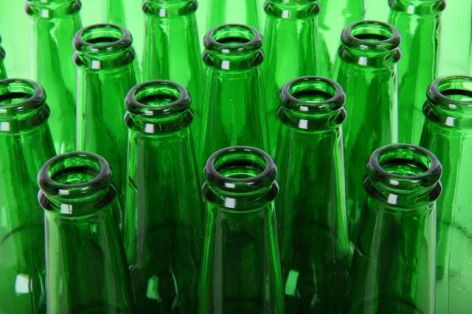We’ve all heard the stories of a person who continually seeks treatment for alcoholism. Despite the fact they have the resources for alcohol rehab and positive family support, they do not succeed on the first, second or even third try. They are in and out of treatment, struggling many times with relapse as they fight for lifelong recovery. Why is it some people seem to have a more difficult time with their recovery from alcohol addiction? Is it a personality trait, environment or just poor judgment? New longitudinal research conducted by the Goteburg Alcohol Research Project at the University of Gothenburg in Sweden suggests that a high relapse rate may have a biological link. Genetics seem to affect certain individual’s alcoholic relapse more than other factors do. Genetic researchers have noted that the dopamine D2 receptor gene is more frequently present in people who are severely addicted to alcohol than for the average population. People who have this gene also are at a greater risk than average chance for dying prematurely. When people with the dopamine D2 receptor gene do participate in treatments for alcoholism, they tend to relapse more than average. Scientists speculate this increased rate in relapse is likely to be at least part of the reason for an increased mortality rate in people with this genetic profile.
Further Research is Key to Understanding why Prognosis for Relapse and Early Mortality is so Common with this Gene
Research will develop ways to identify individuals who have the gene. If the dopamine D2 receptor gene is identified in childhood, alcohol treatment professionals can focus on prevention rather than treatment. For those individuals with the gene that already suffer alcohol addiction, treatment facilities may develop different protocols to help lower the relapse rate. Because the stakes are so high, continuing and expanding on this initial research will greatly benefit the alcohol addiction treatment community. The important takeaway from this research is that even if you are genetically predisposed to alcohol addiction and relapse, that does not mean you cannot enjoy lifelong recovery. By seeking support, you can have the tools you need to regain your life. (Photo via)

